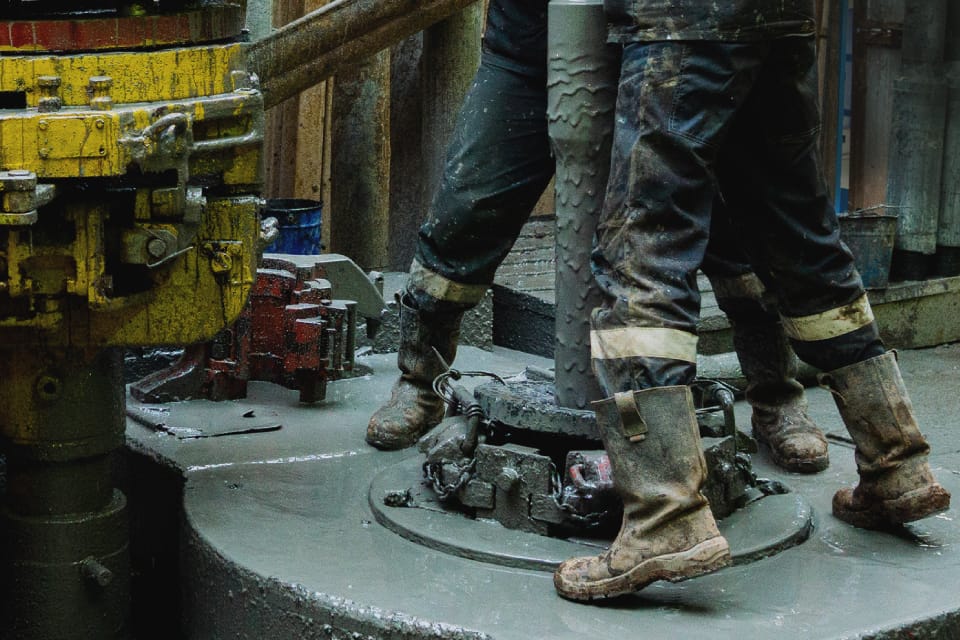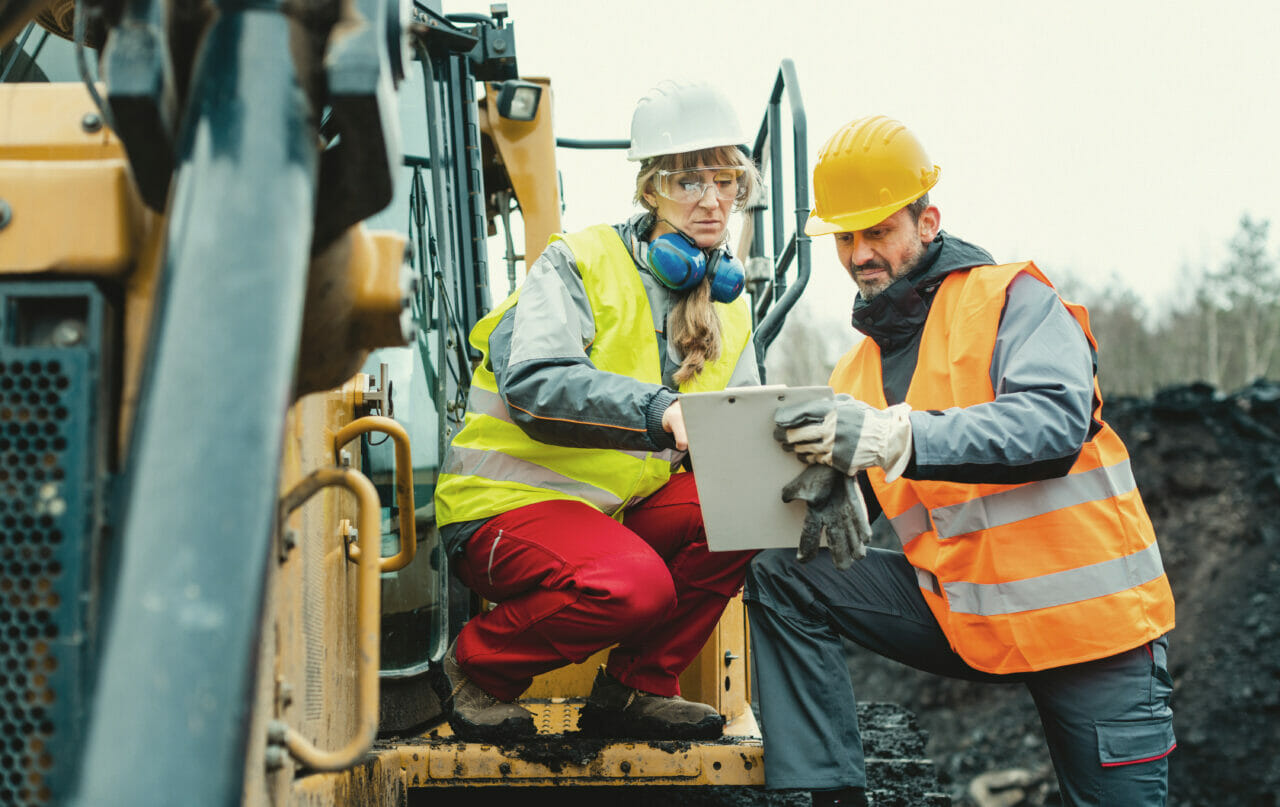
Ten Reasons Safety Shoes are Critical to Worker Safety

Providing workers with safety shoes is a critical component in ensuring workplace safety. Proper footwear is a fundamental requirement for personnel working in labor-intensive and high-hazard industries.
This article discusses ten specific reasons all workers on job sites should wear the proper safety footwear.
10 Reasons Why all Workers Need Safety Shoes
1. They Help Prevent Slips and Falls
On the job site, slips and accidents are virtually inevitable. Waste materials and debris can significantly impair any worker’s ability to maintain equilibrium and walk steadily, making safety footwear critical. They promote balance and comfort and allow workers to walk over rough surfaces, ascend steep stairways, and climb ladders safely. This is because of their exceptional tread and traction.
2. They Reduce Fatigue and Boost Comfort
A significant purpose of safety shoes is to comfort workers who spend extended periods on their feet. Superior footwear frequently integrates functional attributes such as arch support, shock-absorbing midsoles, and cushioned insoles. These features alleviate fatigue and offer sufficient support for the feet and lower extremities. Reducing discomfort and fatigue caused by work footwear enhances overall job satisfaction and productivity.
3. They Prevent Sharp Object Penetration
Workers come across sharp objects lying on the floor of any job site, such as nails, glass, and screws, necessitating quality work boots with thick soles. Protective footwear prevents any penetrative injury to a worker’s feet and surrounding areas while navigating the site’s potentially rough terrain.
4. They Mitigate Electrical Hazards
Specific working conditions pose electrical hazards to staff, such as live malfunctioning machinery and wires. Hazard protection designs, such as insulating outsoles and non-conductive materials, serve as a barrier against electrical currents by prohibiting direct contact with charged surfaces, mitigating the potential for electrocution.
5. They Protect Against Harsh Weather Conditions
Job sites are active throughout the year, and whether it is freezing winter or intense summer, workers must endure every climatic condition while performing their duties. Walking in regular shoes on a hot, cold, or flooded surface can cause significant physical strain for workers, and they can benefit significantly from footwear with traction and substantial soles to protect against inclement weather.
6. They are Resistant to Chemicals and Other Harmful Substances
Workers frequently handle hazardous liquids, corrosive substances, or dangerous chemicals, and exposure to these elements without the right protection may result in chemical burns and chronic health complications. Specialized materials, including rubber or neoprene, provide an extra layer of protection for the soles and resist various chemicals. This measure helps workers carry out their duties without risk of chemical-induced harm.
7. They Withstand Impact and Compression
A critical function of safety shoes is to protect against compression and impact hazards. In many work environments, heavy tools or equipment may fall or drop unexpectedly, and such occurrences may result in critical foot injuries without proper footwear. Protective toe covers on safety shoes, frequently constructed from steel, alloy, or composite materials, mitigate the risk of such hazards and prevent debilitating injuries.
8. They Promote Stability and Ankle Support
Safety shoes often incorporate high-top designs, offering supplementary ankle support, which is especially helpful during physically demanding job duties such as lifting heavy objects or walking across uneven terrain. By providing enhanced stability and ankle support, this footwear can effectively mitigate the risk of lower limb injuries, enabling workers to keep their balance and securely execute duties.
9. They Save Money
The best work footwear includes durable materials and reinforced stitching to ensure longevity and resistance to wear and strain, helping them to last longer and save the company money on frequent replacements.
10. They Promote Compliance
Many sectors have implemented industry-specific safety regulations and standards to safeguard workers. Frequently, safety shoes satisfy or surpass these criteria, making them a critical part of compliance. By supplying suitable work footwear to their workers, employers show their dedication to supporting safety protocols, thereby mitigating the potential for legal ramifications, penalties, and incidents within the workplace.
Combine the Best Safety Shoes and Risk Management Solutions to Maximize Woker Safety
Safety shoes are critical for supporting a safe working environment, and companies should consider them a mandatory part of personal protective equipment. They help prevent injuries and promote a culture of safety throughout the job site through their durability and fostering of safety regulations. Companies establish a secure working environment for all individuals by acknowledging their role in safeguarding the workforce from harm and appropriately equipping all personnel with the proper gear.
However, while supplying workers with the proper footwear helps prevent injury during an incident, the best course of action is to avoid the incident in the first place. Work with us to configure a risk management solution for your supply chain that meets your business needs and safeguards workers from harm.
Contact us today to learn more.




